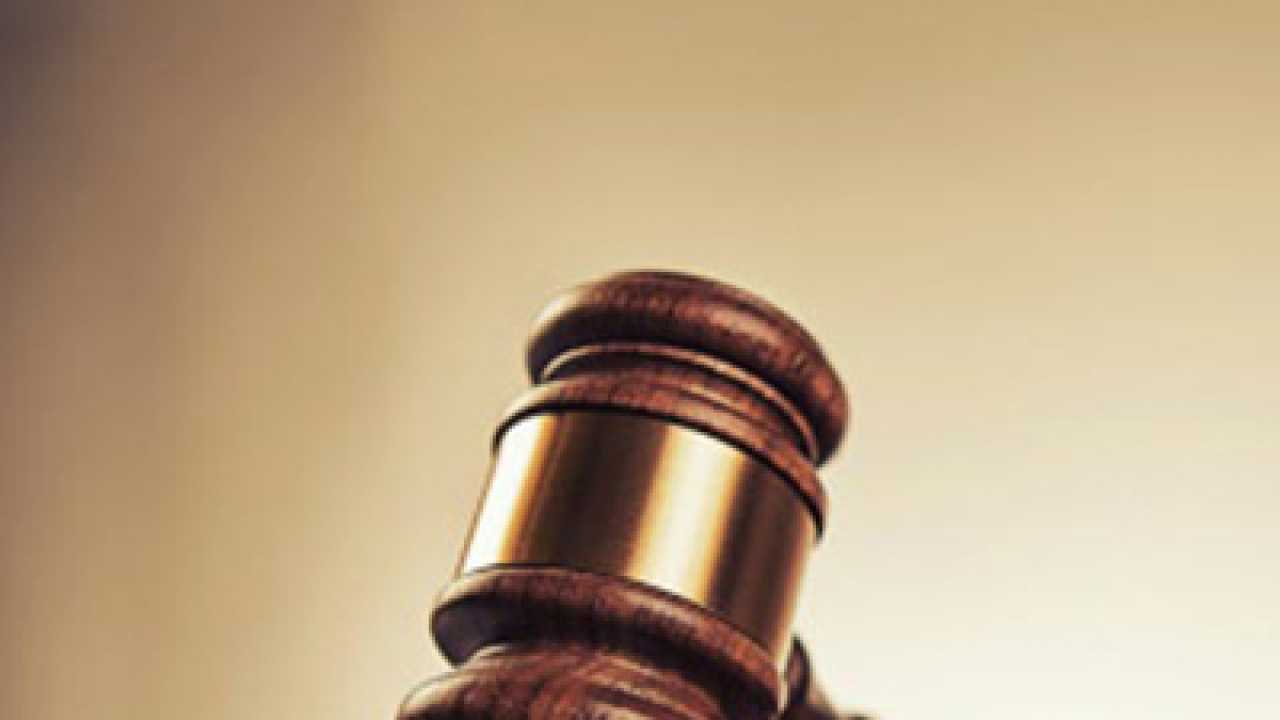
“You cannot witness for me, being slain.”
- John Talbot, Henry VI, Part I
With witnesses lined up to testify against godman Asaram Bapu meeting violent, mysterious ends in quick succession, a predictable clamour for enacting a specific legislation to protect witnesses from the vengeful actions of accused persons is steadily gaining ground. Undoubtedly, the concerns and vociferous demands are valid, and indeed, need to be acted upon urgently. But, lost in this torrent of ire against the high and mighty having skeletons stacked up in their closet, and of course, both Central and state governments who are only too happy to drag their feet, is the fact that structurally, the odds are stacked against witnesses. And, it is the criminal justice system which is the culprit.
One would be spoilt for choice while looking for examples to reel off - instances where a very avoidable travesty of justice became the norm rather than the aberration, all because witnesses - both eye-witnesses as well as those possessing inculpatory material or information against the accused were either killed, threatened, or cajoled either into silence or into turning hostile to the prosecution’s case. Most notable among these would be the Jessica Lall case, where 32 of the 101 witnesses named by the prosecution turned hostile. In its judgement delivered on 21 May 2013, the Delhi High Court was categorical in stating that the laws and criminal justice system had failed those willing to risk life, limb and reputation in order to side with the truth and justice. Sadly, the court took too long to arrive at this conclusion.
Right from 1958, when the Fourteenth Law Commission, while addressing the cause of witnesses for the prosecution, magnanimously dwelt upon the paltry sums which were to be paid for testifying, to the 154th, which had nothing beyond the pious utterance of “witnesses should be protected from the wrath of the accused in any eventuality”, witnesses, who form the bulwark of any justice delivery system, have been treated like dirt, and have been left in the lurch. Worse, the laws place on them a burden so onerous that a Hobson’s choice pales in comparison. Consider this - the 174th Law Commission Report recommended the insertion of Section 164A in the CrPC, which would have made it incumbent upon every investigating officer to have a witness’s statement recorded before a magistrate at the very outset. Without any sufficiently robust statutory provision(s) to guarantee their safety and freedom to testify, this would place a person in a hellish quandary. For, more often than not, he would be subjected to intimidation by the accused and his henchmen, and unless he is cavalier enough to risk everything and stick to the original statement in course of the trial, he would incur judicial wrath for modifying or going back on what he said initially. Prosecution for perjury would follow immediately thereafter. In case he is unable to withstand the coercion unleashed against him on multiple fronts, he could approach the police and the courts to seek protection. But, in the absence of the Ministry of Home Affairs’ punctilious methods for determining threat perception and bestowing Z+ and other categories of security, available exclusively to elected representatives and business barons, he has to depend upon the whims and caprices of the men in khaki, and the kindness of judges. God forbid, if the accused in a particular case are policemen themselves, then this witness must choose between complete silence and vindictive prosecution at best, or the encounter squad’s bullets, at the worst.
The irony in this systemic injudiciousness of the criminal justice system becomes excruciating when one sees that anti-terror legislations, hitherto considered “draconian” by civil liberties’ advocates, going to a great length to ensure that witnesses, and even their identities, are carefully guarded right from the commencement of investigation, and even way after the conclusion of the trial. Section 13 of TADA, 30 of POTA, 44(1)(4) of the Unlawful Activities Prevention Act (UAPA), and 17 of the National Investigation Agency (NIA) Act are these provisions. TADA and POTA have since been repealed, and for good measure, too, but what is the rational impediment to adopting the salubrious provisions of these stringent legislations? Especially, when these have been upheld by courts? A similar provision - Section 27(4) – of the Bombay Police Act, a law routinely derided as one of the significantly unsavoury vestiges of the days of the Raj, was upheld by no less than the Supreme Court in Gurbachan Singh v State of Bombay (1952).
2006 saw the Law Commission finally warming up to something more than mere shibboleths, and giving detailed recommendations for protection of identity, among allied measures. But it did not consider those victims of mass atrocities - communal violence or the caste inferno of Khairlanji, who require more ironclad safeguards. The government has paid only lip service to these recommendations, but the acquittals in the Khairlanji case, mostly because of lack of evidence, tell their own story.
The Indian Evidence Act’s Section 132 mandates that a conviction can be recorded on the basis of even a single eyewitness’s testimony; so long the court finds it credible. It embodies the age old legal doctrine of “evidence should be weighed, not counted.” But, unless the system’s unjust apathy to witnesses is terminated, we shall be left counting, that too, only corpses.